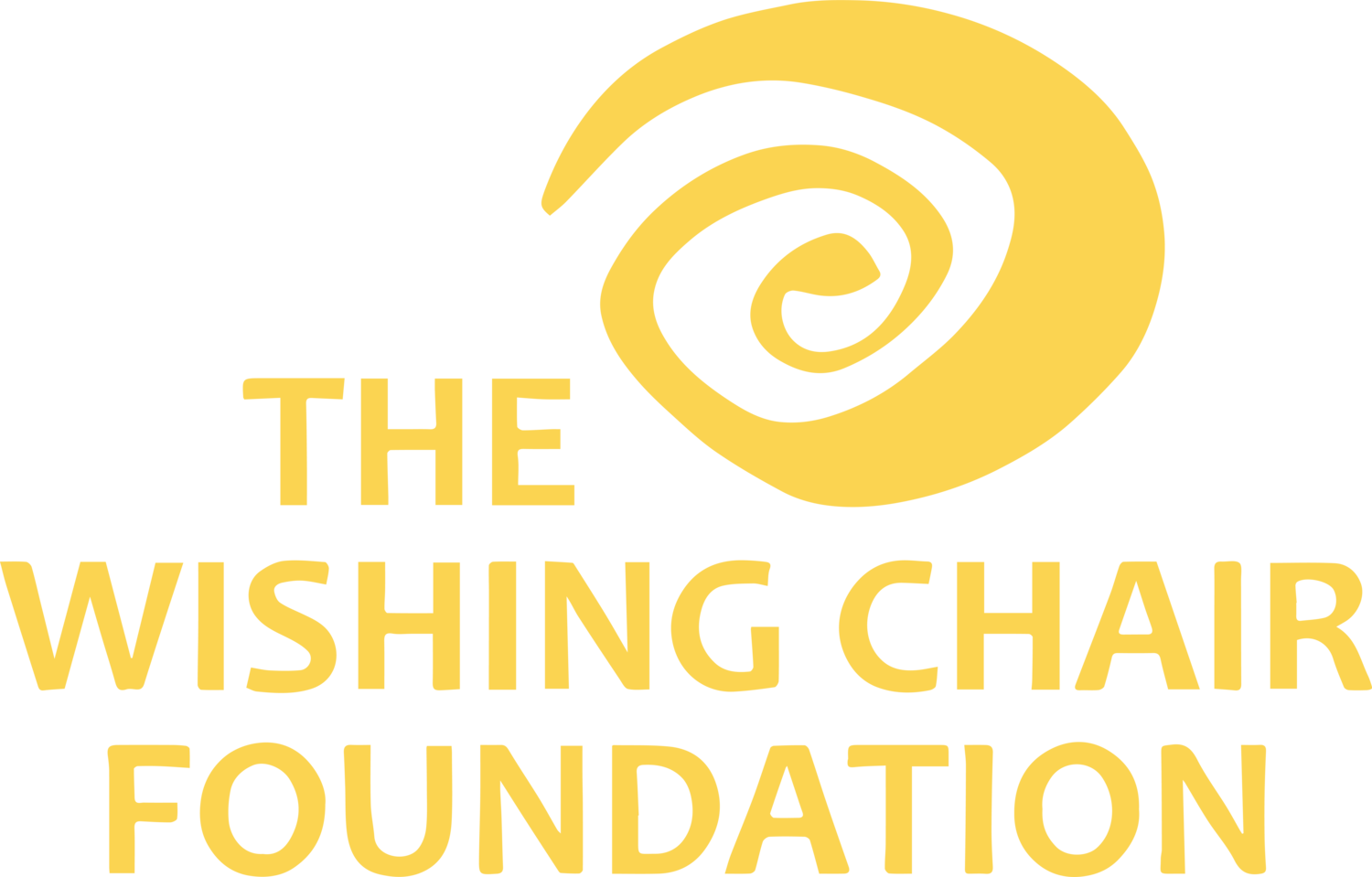
Our work
Supporting study travel and professional development
The Wishing Chair Foundation has supported study travel, faculty professional development, and blended Internationalisation programs for students at:
Addressing a Need
Research on educational study abroad programming consistently identifies cost, family and cultural influence, lack of awareness, financial aid restrictions, and concerns about time among the barriers to study abroad access.
However, affordability is a very significant barrier for many. The Wishing Chair Foundation is intended to support the student who otherwise would not be in a position to take an educational study trip to Ireland.
We believe that the choice of Ireland as a destination for short (2 weeks or less) study abroad programs addresses significant issues, such as fear of travel, fear of navigating a new territory, and fear of dealing with language and cultural barriers.
WHO CHOOSES THE RECIPIENTS?
The Wishing Chair Foundation will invite either the donors, or college faculty, to invite students to apply for scholarships. Donors may also specify criteria that apply to their scholarship.
Percentage of U.S. Students Studying Abroad ( Ethnicity)
Social Impact is Achievable
Research supports our thesis that study abroad changes lives. A correlation between study abroad and graduation rates has been established by several studies. Other research has focused on student engagement, independence, perseverance, and confidence, all of which have been found to positively inform learning outcomes.
Short-term study abroad program participants demonstrate gains in confidence, improved decision-making, independence and academic focus.
The Wishing Chair Foundation will support students who choose to enroll in an educational study program in Ireland, by providing them with adequate funding necessary to alleviate some or all of the financial burden.
The educational study abroad program must have a verifiable educational syllabus with defined learning outcomes, and it must take place in Ireland.
Educators in U.S. community colleges, high schools and universities, or within community-based organizations will identify the recipients of the funding. Students will have to satisfy specific criteria to qualify for funding.




